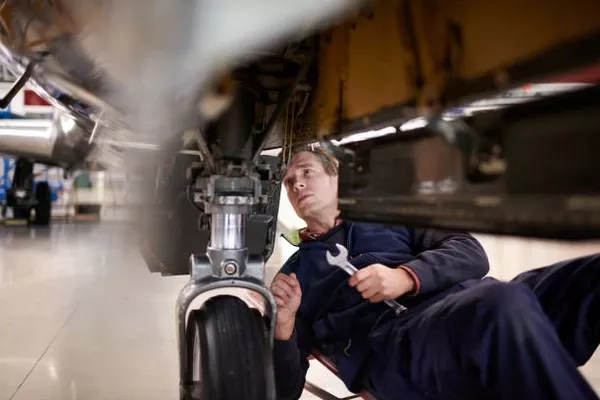Make UK’s Q2 HR Bulletin reveals a slightly improved employment landscape for manufacturers, with easing recruitment pressures and a higher rate of vacancies being filled compared to the past two years. Despite this positive trend, the sector continues to grapple with long-standing skills shortages that have hindered growth potential in recent years.
According to the report, over 65% of manufacturing companies struggle to find candidates possessing the necessary technical skills for advertised roles, while nearly a third face challenges in recruiting individuals with the appropriate qualifications. This persistent skills gap remains a significant barrier to maximizing business growth and productivity.
The improved recruitment outlook is attributed to various factors, including enhanced staff retention rates and the re-entry of older workers into the workforce. Additionally, decreased sickness absence rates and reduced pressure on wage demands have contributed to a more favorable employment environment. Notably, a third of businesses have adjusted wages to meet the new national living wage level.
Furthermore, the adoption of flexible working arrangements by a growing number of companies has proven instrumental in enhancing employee retention.
Jamie Cater, Make UK’s employment policy lead, underscores the ongoing importance of addressing long-term skills challenges in the manufacturing sector. While acknowledging recent improvements to the apprenticeship system by the government, including additional funding and efforts to support high-value manufacturing courses, Cater emphasizes the need for further reforms.
Cater advocates for a comprehensive review of the apprenticeship system to restore the number of manufacturing apprentices to pre-levy levels and further alleviate skills shortages in the sector. Addressing these challenges is essential for sustaining the positive momentum in employment and fostering continued growth and innovation within the manufacturing industry.

